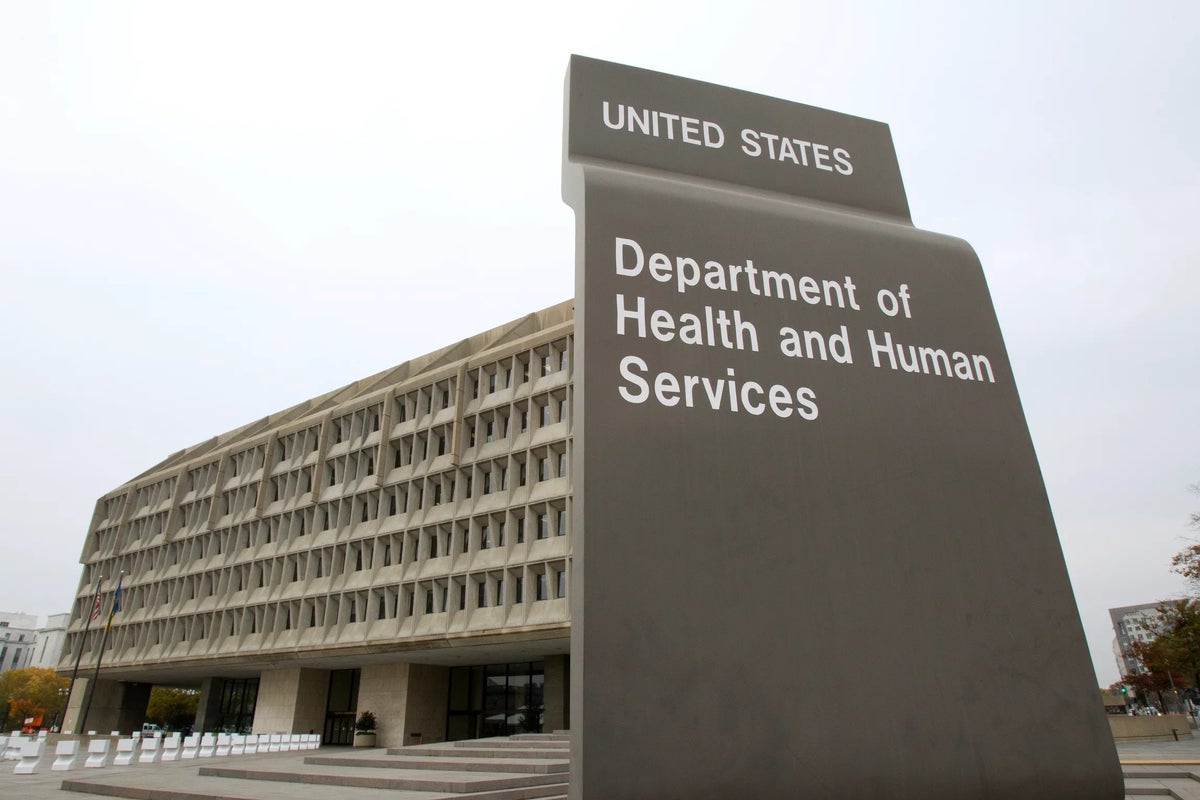Following the release of documents from the U.S. Department of Health and Human Services relating to the agency’s review of the federal classification of cannabis, the National Cannabis Roundtable (NCR) praised the acknowledgment by a federal agency that cannabis should be reclassified from a Schedule I to Schedule III substance under the Controlled Substances Act (CSA).
Since the October 6, 2022, directive by President Biden for federal agencies to review the appropriateness of cannabis being classified in the most restrictive schedule, the NCR, an alliance of cannabis companies has been instrumental in advocating for and informing the heads of the Department of Health and Human Services (HHS) and the DEA as to the scientific facts and medical value of cannabis meriting its reclassification to at least Schedule III.
“The importance of a federal agency publicly acknowledging that cannabis is inappropriately classified as a Schedule I substance and has accepted medical use cannot be overstated. The documentation released today also highlights the abundance of research and scientific evidence that HHS and the FDA utilized to make this historic recommendation,” said Saphira Galoob, executive director of the NCR in a press release shared with Benzinga.
“We thank President Biden for initiating this long-overdue federal review and we thank HHS and the FDA for carrying out their work in such a thorough and timely manner, understanding the seriousness of the task before them after decades of federal prohibition has caused irreparable harm to individuals and communities persecuted as part of the War on Drugs, patient access, and consumer safety,” she said. “We hope to see the DEA and DOJ swiftly initiate formal rulemaking in line with the HHS Schedule III recommendation to begin to shift cannabis policy on the federal level as 38 states, the District of Columbia, and four territories have already done.”
The NCR noted that moving cannabis to Schedule III will allow for additional critical medical research and for state-legal cannabis businesses to be treated more equitably under federal tax law. “Without the extreme tax burdens caused by 280E, the regulated cannabis industry will be better equipped to combat the threat to public safety and health posed by the illicit market and a better ability to reinvest in their workforces and the communities they serve,” Galoob said referring to the IRS tax code that prohibits cannabis businesses from deducting business expenses from their gross income.
“We look forward to working with the Biden Administration and Congress to move forward meaningful federal cannabis reform that protects consumers, advances social equity, addresses past injustices, creates economic growth, and supports existing regulated state markets.”
Photo Wikimedia Commons
Image and article originally from www.benzinga.com. Read the original article here.

